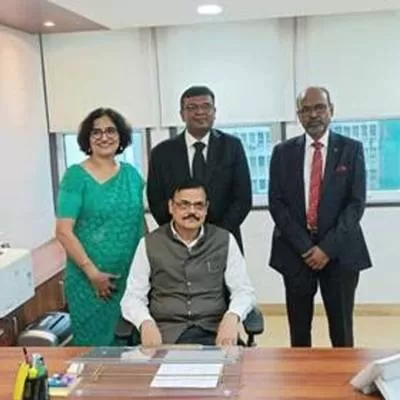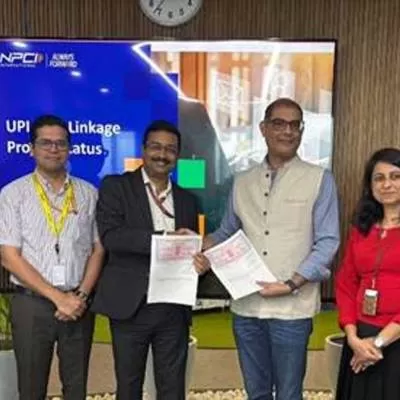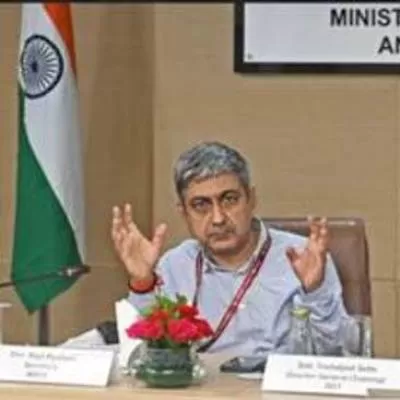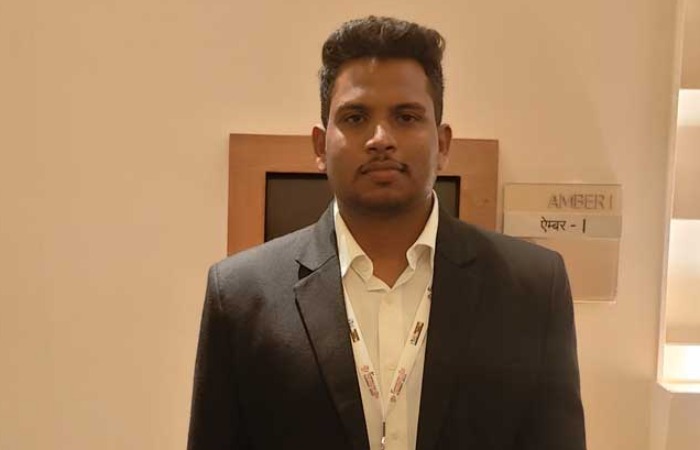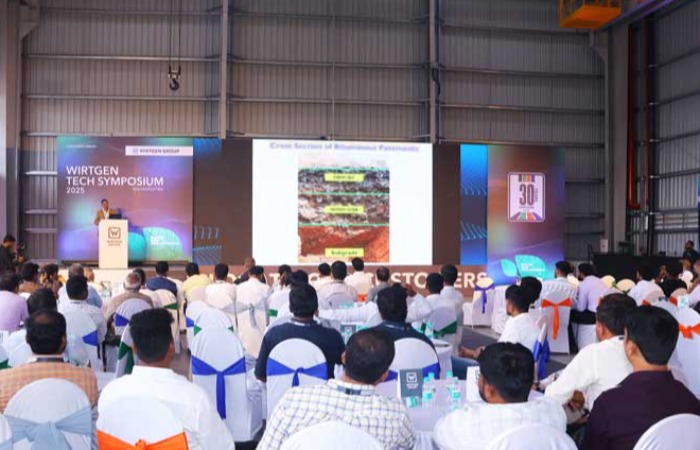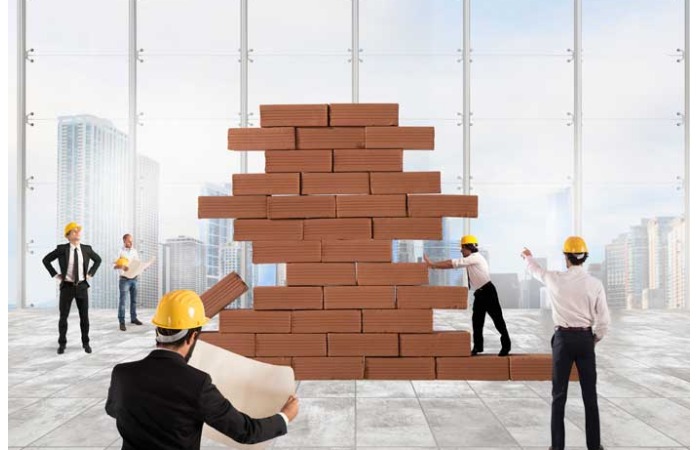Schedule a Call Back
India is shifting from buying to leasing forklifts
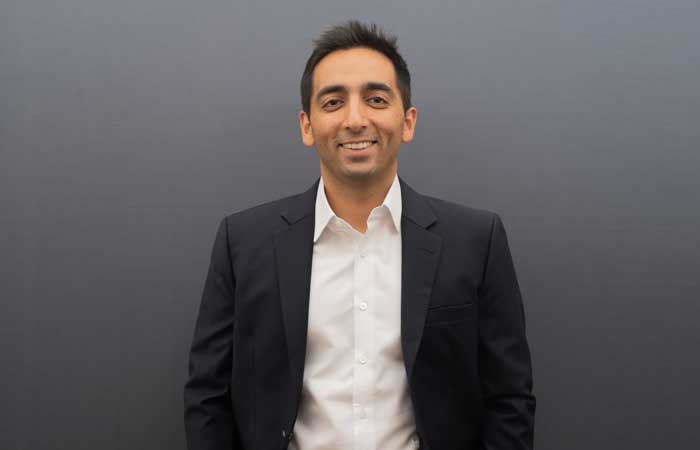
Rushabh Vora, Co-Founder and MD of SILA, shares the rationale behind the company’s move into EV MHE, how its operational strengths are being deployed, and where the business is headed next.
What gap in the Indian warehousing or industrial space led to SILA’s entry into electric MHE? Was this more client-driven or a diversification strategy?
Over 40 per cent of our revenue in facilities management comes from industrial clients, where we support operations across hundreds of manufacturing sites. EV MHE was a logical expansion—tech-forward, sustainable, and aligned with our customers’ carbon goals. Leasing is growing in India, and as companies move from diesel to EV fleets, they want partners who offer reliability, service, and skilled manpower. That’s where we come in.
How does your partnership with Nilkamal enhance the tech and service value for clients?
Success in this space hinges on three things: manpower, machines, and maintenance. SILA provides the trained operators and national reach. Nilkamal brings robust, proven EV forklifts and a strong service network. We’re also upskilling our own workforce—promoting cleaners and electricians into forklift operators through structured programmes. Nilkamal didn’t offer leasing earlier due to the manpower gap. This partnership bridges that gap perfectly.
What about charging infrastructure? Do you help clients with advisory or energy management?
Most of our large manufacturing clients—like JSW or Sanathan—already have EV-friendly infrastructure in place. Forklift charging loads aren’t very high, so integration is seamless. We work with both lithium-ion and lead-acid battery systems and offer advisory support to help clients choose the right solution based on their operational needs, though energy infrastructure is usually managed on their end.
How are you leveraging your 1,000+ trained operators to deliver at scale?
We created internal training modules for different MHE types and have internal promotion pathways for lower-skilled workers and drivers to advance. Many of our new operators are trained entirely in-house. We can mobilise a fully trained team—even in Tier II and III cities—within 30 days. That’s a significant differentiator for our clients.
Which leasing models are most in demand, and how do they vary by sector?
Wet leasing – where equipment, trained operators and service are bundled – makes up about 80 to 85 per cent of our deployments. Clients prefer to outsource the full operation, especially with electric equipment that requires care in battery handling. Dry leasing is mostly limited to simpler machines like stackers, where clients might have trained staff.
In terms of ROI and sustainability, how do electric MHEs compare with diesel fleets?
While the initial capex for EV MHE is higher, the total cost of ownership versus traditional diesel fleets is lower due to significant fuel savings. The environmental benefits are also substantial. We’ve helped clients like JSW transition large fleets to electric, and the financial and carbon footprints savings have been extremely compelling.
What’s your expansion roadmap for FY25?
We met our entire year-one leasing target in just 60 days through inbound demand—without outbound marketing. That validation has reinforced our belief in the opportunity. As the market moves from unorganised leasing to structured, EV-led solutions by organised and compliant service providers, we see massive potential. Over time, this vertical could grow to match the scale of SILA’s core businesses.
With real estate, facilities management, and now equipment leasing, what’s SILA’s long-term vision?
We aim to be a one-stop operations partner. SILA Services has now evolved into a platform to distribute specialised, integrated services—like MHE, facilities management, and more—to a growing, pan-India and diverse customer base. Our strength lies in building trust and delivering execution at scale, and we’re doubling down on that to offer holistic and future-ready solutions.


Subscribe Now
Subscribe to our Newsletter & Stay updated
RECENT POSTS
Popular Tags
Folliow us
Related Stories
We’re building India’s premier CE mgmt and rental platform
Wirtgen Organises Wirtgen Tech Symposium
Wirtgen Group in India celebrated the Wirtgen Tech Symposium, Maharashtra on July 8, 2025 at the Pune Plant. We also marked important milestones ...
Bridging the Skill Gap in Construction
India stands at a defining juncture in its economic journey as it accelerates toward becoming a $7 trillion economy by 2030. India’s constructi...

